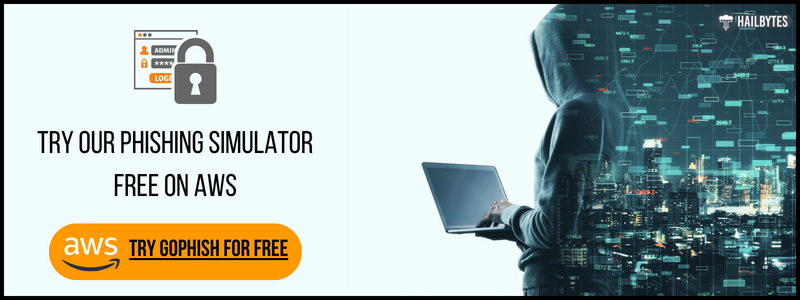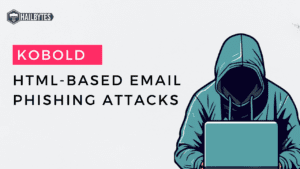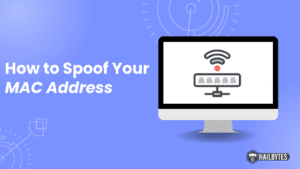The Risks and Vulnerabilities of Using Public Wi-Fi Without a VPN and Firewall

Introduction
In an increasingly digital world, public Wi-Fi networks have become an integral part of our daily lives, offering convenient and free internet access in various locations. However, the convenience comes with a price: connecting to public Wi-Fi without proper protection, such as a virtual private network (VPN) and firewall, exposes users to a range of risks and vulnerabilities. This article explores the potential dangers associated with using public Wi-Fi without a VPN and firewall and emphasizes the importance of securing your online activities.
Unauthorized Access to Personal Information
Public Wi-Fi networks are often unsecured or use weak encryption, making it easier for malicious individuals to intercept the data transmitted between your device and the network. Without a VPN and firewall, sensitive information such as login credentials, financial details, and personal conversations can be intercepted by hackers, leading to identity theft, financial loss, or other detrimental consequences.
Malicious Attacks and Exploits
Lorem ipsum dolor sit amet, consectetur adipiscing elit. Ut elit tellus, luctus
Public Wi-Fi networks provide an ideal environment for cybercriminals to launch various attacks, taking advantage of unsuspecting users. Without a VPN and firewall, your device is exposed to potential threats such as:
- a) Malware Infections: Cybercriminals can inject malware into your device through compromised networks, fake Wi-Fi hotspots, or malicious websites. Once infected, your device becomes vulnerable to data theft, ransomware, or unauthorized control.
- b) Man-in-the-Middle (MITM) Attacks: Hackers can intercept and manipulate the communication between your device and the intended destination, potentially stealing sensitive information or manipulating data.
- c) Phishing Attacks: Public Wi-Fi networks are often used as platforms for phishing attempts, where attackers impersonate legitimate websites or services to trick users into revealing personal information. Without protection, you are more likely to fall victim to these deceptive tactics.
nec ullamcorper mattis, pulvinar dapibus leo.
Lack of Privacy and Data Security
When connected to a public Wi-Fi network without a VPN and firewall, your online activities are exposed to network administrators, advertisers, and even other users connected to the same network. This compromises your privacy and allows others to monitor your browsing history, online habits, and potentially intercept sensitive data.
Device Vulnerabilities and Unauthorized Access
Public Wi-Fi networks can be gateways for attackers to exploit vulnerabilities in your device’s operating system or applications. Without a firewall to monitor and control incoming and outgoing network traffic, your device is more susceptible to unauthorized access, potentially leading to data breaches, unauthorized control, or the installation of malicious software
Conclusion
Using public Wi-Fi networks without the protection of a VPN and firewall exposes users to a range of risks and vulnerabilities, including unauthorized access to personal information, malware infections, man-in-the-middle attacks, phishing attempts, privacy breaches, and device vulnerabilities. To mitigate these risks, it is crucial to employ a reliable VPN service and enable a firewall on your devices when connecting to public Wi-Fi. These security measures encrypt your data, create a secure tunnel for communication, and monitor network traffic, significantly enhancing your online security and safeguarding your sensitive information. By prioritizing your cybersecurity and adopting these protective measures, you can confidently enjoy the convenience of public Wi-Fi while minimizing the associated risks.








